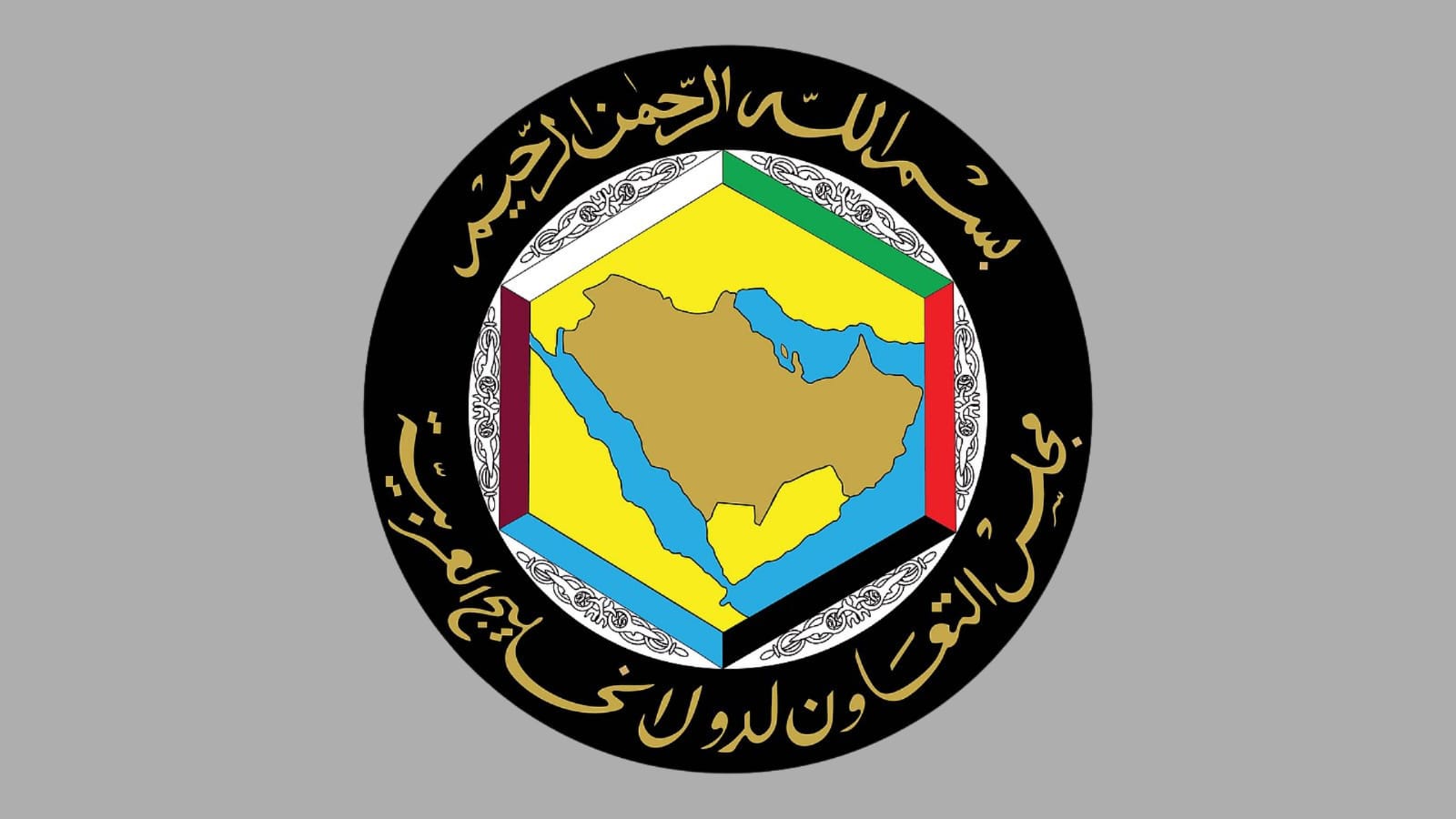UAE Airlines Prolong Regional Flight Suspensions Amid Escalating Israel-Iran Conflict

Amid escalating tensions between Israel and Iran, major airlines in the United Arab Emirates have extended flight suspensions to numerous regional destinations. This surge in geopolitical instability has prompted UAE carriers, including Emirates, Etihad Airways, flydubai, and Air Arabia, to prioritize the safety of passengers and crew by adjusting flight operations accordingly. These preemptive actions underscore the airlines’ unwavering commitment to safety during increasingly volatile circumstances.
Escalating Regional Tensions Trigger Operational Adjustments
The intensifying conflict between Israel and Iran has elevated security concerns across the Middle East. With both nations engaged in aggressive exchanges, the threat level in regional airspace has surged. Aviation authorities and airlines have acted decisively, implementing operational restrictions in high-risk areas to safeguard travelers.
Emirates Airlines Responds with Extended Suspensions
Dubai-based Emirates Airlines has expanded its suspension of flights to various regional destinations. The airline remains in close coordination with international aviation bodies and governmental authorities to ensure every decision is informed by the latest intelligence. Emirates continually evaluates developments, adapting operations to prioritize safety while minimizing disruptions.
Etihad Airways Broadens Flight Cancellations
Etihad Airways, headquartered in Abu Dhabi, has also extended its flight suspensions across affected regions. The airline has issued multiple advisories, encouraging passengers to stay informed about their travel plans. Etihad has bolstered its customer service infrastructure to assist passengers with cancellations, rebookings, and itinerary changes.
flydubai and Air Arabia Expand Suspensions
Low-cost carriers flydubai and Air Arabia have likewise broadened flight suspensions as security threats intensify. Both airlines are conducting continuous risk assessments, guided by government and aviation authority recommendations. Affected passengers are provided with options for rescheduling, refunds, or alternative travel arrangements.
Global Aviation Faces Broader Challenges
The escalating conflict not only affects airlines within the region but also disrupts global aviation routes that cross Middle Eastern airspace. International carriers are revising flight paths to avoid conflict zones, resulting in extended flight durations and increased operational expenses for long-haul journeys.
Aviation Authorities Issue Global Safety Directives
Multiple international aviation safety organizations and regional authorities have released safety advisories, urging airlines to exercise extreme caution. Certain airspaces have been classified as high-risk, and expanded no-fly zones have been established. The UAE’s General Civil Aviation Authority (GCAA) remains actively involved, issuing directives to ensure airline safety.
Passenger Safety Remains Paramount
Safety remains the top priority for UAE airlines. Airlines conduct comprehensive risk analyses using intelligence reports, security updates, and government advisories. Flight crews receive continuous briefings to ensure full preparedness for rapidly evolving situations.
Operational and Logistical Challenges Intensify
The flight suspensions present significant operational challenges for UAE airlines, impacting aircraft schedules, crew rotations, and financial performance. Ground operations teams work tirelessly to reschedule flights, assist passengers, and manage logistical complexities caused by ongoing disruptions.
Proactive Communication with Passengers
UAE airlines are proactively communicating travel updates via official websites, mobile apps, and social media platforms. Passengers are encouraged to subscribe to SMS alerts for real-time notifications regarding flight changes and rescheduling information.
International Coordination with Aviation Bodies
UAE carriers maintain continuous coordination with international aviation organizations such as the International Civil Aviation Organization (ICAO), the Federal Aviation Administration (FAA), and the European Union Aviation Safety Agency (EASA). These collaborations ensure access to the latest intelligence and guide operational decision-making.
Financial Impact and Industry Resilience
Prolonged flight suspensions will likely impact the financial performance of UAE airlines. While affected routes generate substantial revenue, the airlines have reiterated that safety remains their foremost concern. The UAE aviation sector, supported by strong government backing and diversified revenue streams, demonstrates resilience in navigating these disruptions.
Government Oversight and Continued Support
The UAE government fully supports the precautionary measures taken by national airlines. Authorities remain closely involved, offering intelligence and operational guidance. National security agencies continually assess risks, collaborating with international partners to ensure public safety.
Passenger Rights and Insurance Considerations
Travelers impacted by suspensions are encouraged to review travel insurance policies for compensation options. UAE airlines have established specialized customer service teams to process refund requests, manage rebookings, and assist with accommodation arrangements to minimize inconvenience.
Cargo and Supply Chain Disruptions
The heightened tensions have also affected cargo and logistics operations. Freight carriers are modifying flight routes to avoid conflict zones, which may result in longer delivery times and potential supply chain delays. The logistics sector remains adaptable, closely monitoring developments to maintain trade flow stability.
Pressure on Regional Travel and Tourism
The Middle East’s travel and tourism sectors are experiencing challenges as traveler confidence wanes in affected regions. Tour operators, hotels, and tourism boards are adjusting marketing efforts and monitoring booking patterns. However, destinations deemed safe continue to attract visitors, supported by robust safety protocols.
Air Traffic Control Heightens Vigilance
Regional air traffic control agencies have elevated alert levels, closely monitoring flight movements near conflict zones. Enhanced coordination between air navigation services ensures safe flight separation and prevents unauthorized airspace incursions.
Enhanced Security Measures at UAE Airports
Security protocols at UAE airports have been strengthened amid heightened tensions. Enhanced screening processes, increased security personnel, and expanded surveillance operations have been implemented to protect passengers and airport staff. Regular emergency preparedness drills ensure rapid response capabilities.
Ongoing Risk Monitoring by Airlines
Risk management teams at UAE airlines conduct continuous evaluations, integrating intelligence reports, military updates, and diplomatic developments into their operational strategies. The dynamic nature of the conflict necessitates constant vigilance and agility in decision-making.
Global Airlines Observe UAE Response
The global airline industry is observing the UAE’s measures closely. International carriers operating through the Middle East are reassessing their own safety protocols and routes to align with best practices and maintain high safety standards for passengers.
Travel Experts Advocate Caution and Flexibility
Industry experts recommend that travelers exercise caution and maintain flexibility when planning travel involving the Middle East. Although the UAE remains a safe travel hub, staying informed about changing geopolitical risks is essential for managing travel plans.
Uncertain Long-Term Impact on Regional Aviation
The long-term effects of the Israel-Iran conflict on regional aviation remain unpredictable. Diplomatic resolutions could facilitate a swift return to normal operations, but prolonged instability may lead to permanent adjustments in flight routes, insurance policies, and airline strategies.
UAE Airlines Reinforce Their Commitment to Safety
Despite operational disruptions and financial challenges, UAE airlines remain steadfast in prioritizing passenger safety. Comprehensive risk management frameworks, robust government collaboration, and strong international partnerships ensure that UAE carriers can navigate these complex challenges while upholding the highest safety standards.







